Top Japanese Politician Arrested Again In Bribery Scandal, and more big news stories!
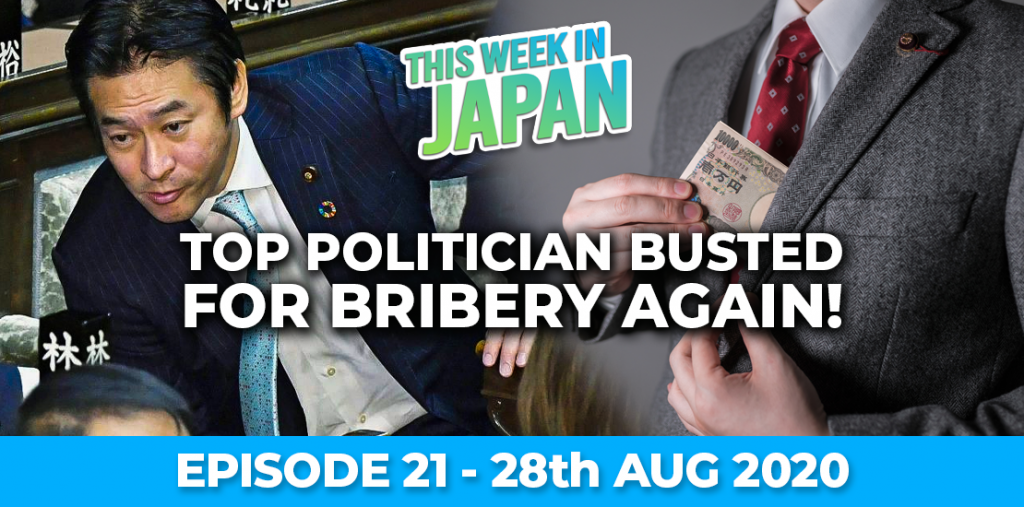
Listen to Our This Week In Japan Podcast here:
Hosts of This Week In Japan

Julian Domanski
Born in England, Julian is a writer, videographer & musician living in Tokyo. When he’s not drinking copious amounts of English Tea, he can be found studying Japanese or trying to master the surprisingly complex basics of the Jiuta Shamisen.
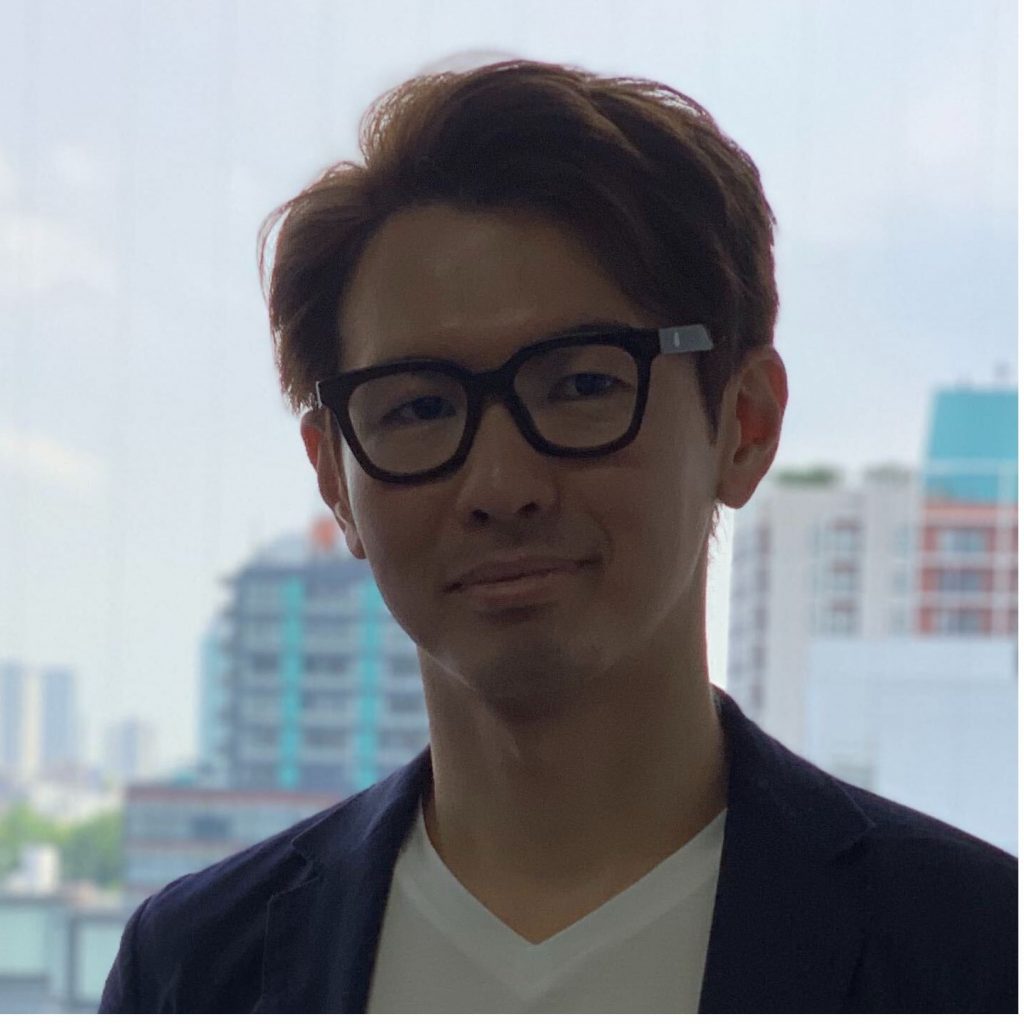
Yasuharu Matsuno
Founder of Japan Insider (Former Ryu Tokyo). Japanese-born entrepreneur. Yasu spent his life around the globe – Japan, Singapore, Switzerland, Australia, and the U.S. He hopes he had more time to play Japanese RPGs. MBA from Columbia University in the City of New York.
Corrupt Government Official’s Bribery Exposed
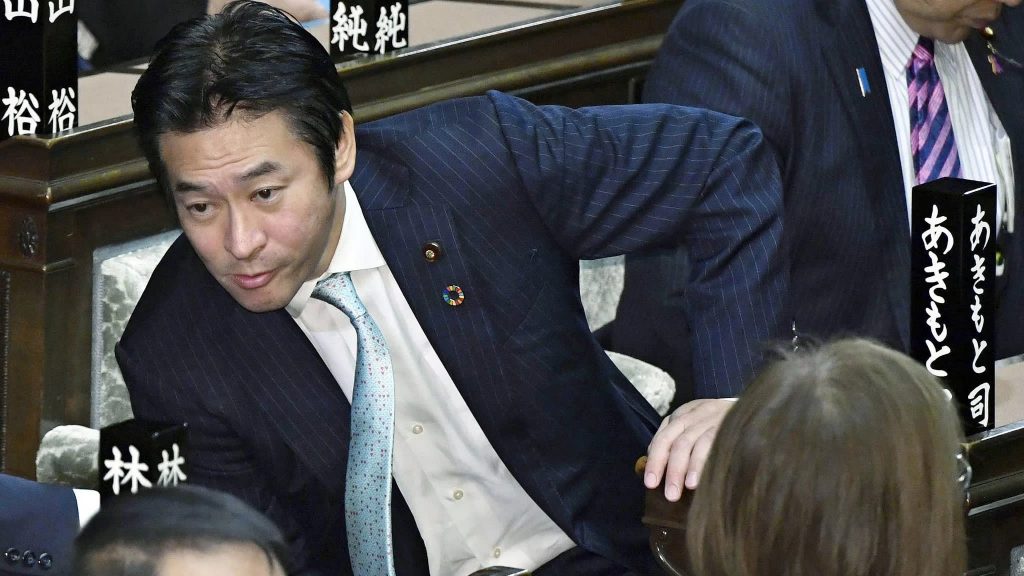
Image sourced from asia.nikkei.com
Another former member of Abe Shinzo’s cabinet has once again been caught up in a scandal. Japanese lawmaker Tsukasa Akimoto was arrested on December 25th of last year for accepting bribes from an online Chinese gambling company. Recently, another arrest warrant has been issued for allegedly using accomplices to bribe the advisor to the same Chinese gambling site.
Akimoto’s corruption seems to know no bounds. Using three accomplices, Akihito Awaji, 54, Fumihiko Sato, 50, and Kazuhiro Miyatake, 49, he attempted to pay 30 million yen to the Japanese advisor of the Chinese gambling site 500.com for a false statement supporting him. This advisor, Masahiko Konno, had already been indicted once before for bribing Akimoto himself in an attempt to open a casino in Hokkaido.
Despite making bail for his first arrest in March, Akimoto has since been kicked out of the ruling party, the Liberal Democratic Party, and has continued his work as a lawmaker, albeit on rocky ground. While he has denied all claims of bribing anyone for false testimony, it seems that he will be unable to shake off his most recent scandal. Sources involved in the investigation are reported to have discovered Akimoto’s fingerprints on the money that was offered to advisor Masahiko Konno.
Japan Prepares to Resume Cross-border Travel with Several Countries
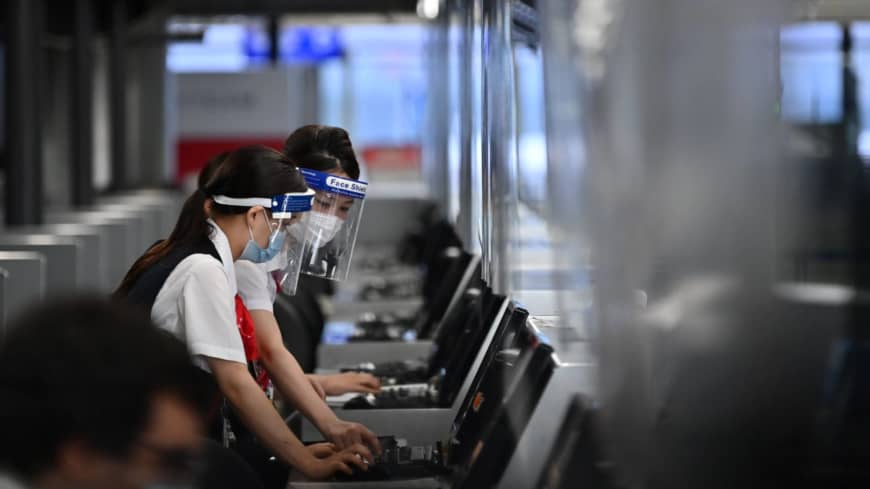
Following up on our previous story of foreign residents being unable to enter Japan, it seems that there could be light at the end of the tunnel. According to the NHK, all foreign residents that have currently not been able to re-enter Japan may be able to do so starting from September. However, the Immigration Service Agency has yet to confirm this information.
According to the Ministry of Foreign Affairs, those who exited Japan after April 2 will still not be allowed to return as of now. However, the government has announced a “Phased Measure for Resuming Cross-Border Travel,” which intends to create a select quota of cross-border business travelers from certain countries. These countries are considered to have the coronavirus contained and include Vietnam, Thailand, Australia, New Zealand, Cambodia, Singapore, Republic of Korea, China, Hong Kong, Macau, Brunei, Malaysia, Myanmar, Mongolia, Laos, and Taiwan.
Opening the border to other countries not on the list is still an uncertainty, but there has been an announcement that the government is aiming to bolster its testing capacity at Japan’s major airports. This could be in preparation for a possible increase in returnees.
Homeless in Japan Are Yet to Receive A Government Subsidy

As many municipalities across Japan set to end the 10 man government stipend campaign this month, one ostracized group of people have yet to receive help: Japan’s homeless.
Originally the stipend was promised to all residents in Japan. However, one important condition, being listed on the residence registry, has made it virtually impossible for homeless to apply for the much needed support.
There has been notable online support calling for measures to also aid the homeless, but as of now the government’s only response to the situation is allowing places such as internet cafes to be used as an address with the owner’s permission. According to the Japan Complex Cafe Association, none of its facilities will be allowed to permit this.
To make matters even more difficult, the reduced number of people going out has made it more difficult to collect cans and bottles, which is one of the fews ways that homeless people can acquire small amounts of money. According to a recent survey conducted by the welfare ministry at the beginning of the year, there are nearly 4,000 homeless people across Japan, and actual numbers are likely higher.
TOEIC English Site Test Shuts Down After Overload
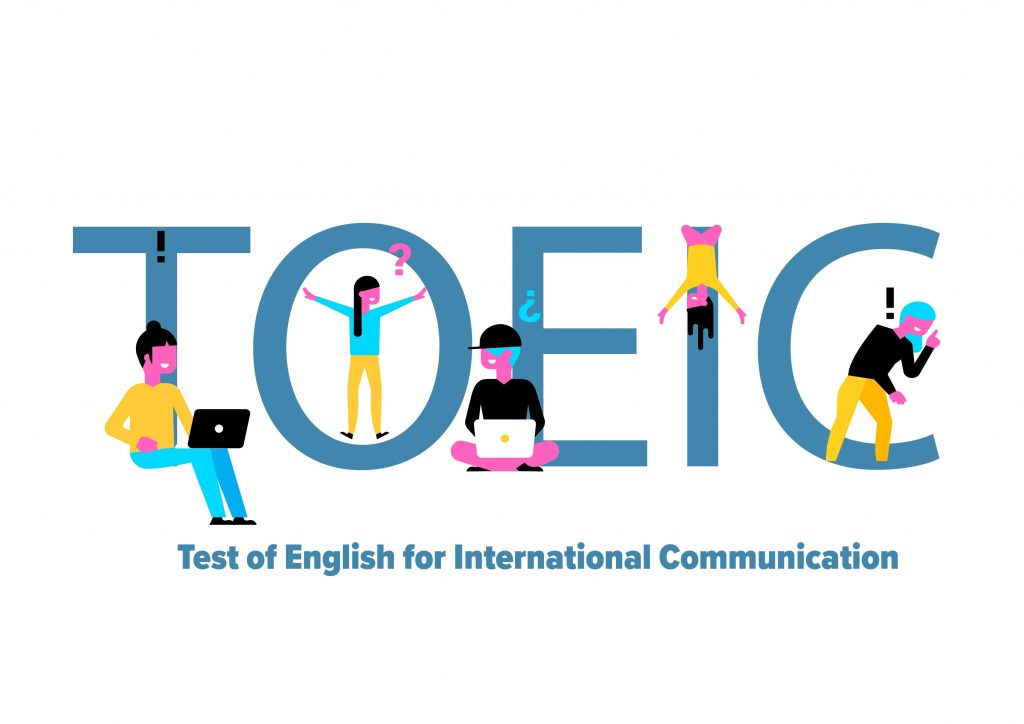
If you have ever heard about the English education system in Japan, you have also likely heard of the TOEIC. The TOEIC, or Test Of English for International Communication is an international standardized English test and one of the sole indicators for someone’s English ability in Japan, at least on paper.
The TOEIC is taken by millions of people every year in Japan from both students to businessmen. For students, it acts as an impressive point on a resume and a certain score can be a requirement before going to study abroad. For businessmen, a high TOEIC score could even be required by their employer in order to handle more international affairs.
As popular as the TOEIC is, it could soon rise to even greater heights of importance in Japan. Due to a recent rumor that college applications will begin having mandatory TOEIC requirements to enter, the amount of students rushing to sign up for the test online is soaring. In fact, so many people attempted to apply for the test that when applications opened on the 5th of this month, the site became virtually inaccessible for the day. The site later issued an apology stating “We express our deepest apologies for the inconvenience caused to customers who wish to apply.”
Students Are Prohibited To Use Parasols During Summer?
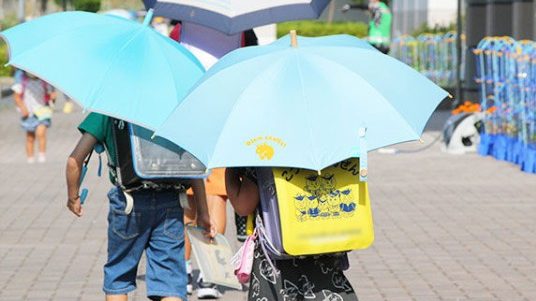
During the sweltering summers in Japan, it is very common to see people utilizing parasols as they walk. It keeps the sun’s rays away from you and prevents you from getting sunburned. This year in particular, with it’s record high heat, has parents handing out parasols to their children for their journey to and from school.
However, just as students began returning from summer vacation, it seems their parasols were not welcomed. Concerned parents took to social media to express their concerns.
“Elementary school has started back and because it’s hot I bought and gave my kid a parasol, but I was told it is not allowed,” one parent stated. Another said, “It seems like umbrellas are not allowed at the school my children go to. This heat is dangerous isn’t it, why is it not allowed?!”
According to the board of education, the use of parasols is not strictly prohibited, but varies on the individual circumstances. Two reasons given were that children who are not using a parasol risk the danger of being accidentally poked by their classmates or having many children with opened parasols could cause problems with crowding. Instead of parasols, the board recommends using a hat or other means to protect from the sun instead. In the end, the board stated it is up to the individual school whether parasols are to be allowed or not.
Related Articles
This Week in Japan #35 (December 11th)
This week in Japan an unexpected Nintendo item becomes a collectable, Tokyo aims to eliminate gas cars, Demon Slayer wins out over parents, and more big news stories!
This Week in Japan #34 (November 27th)
This week in Japan, the Go-To Travel campaign is suspended, former Nissan Motor chairman Carlos Ghosn’s arrests found “illegal” by U.N. council, and more big news stories!








